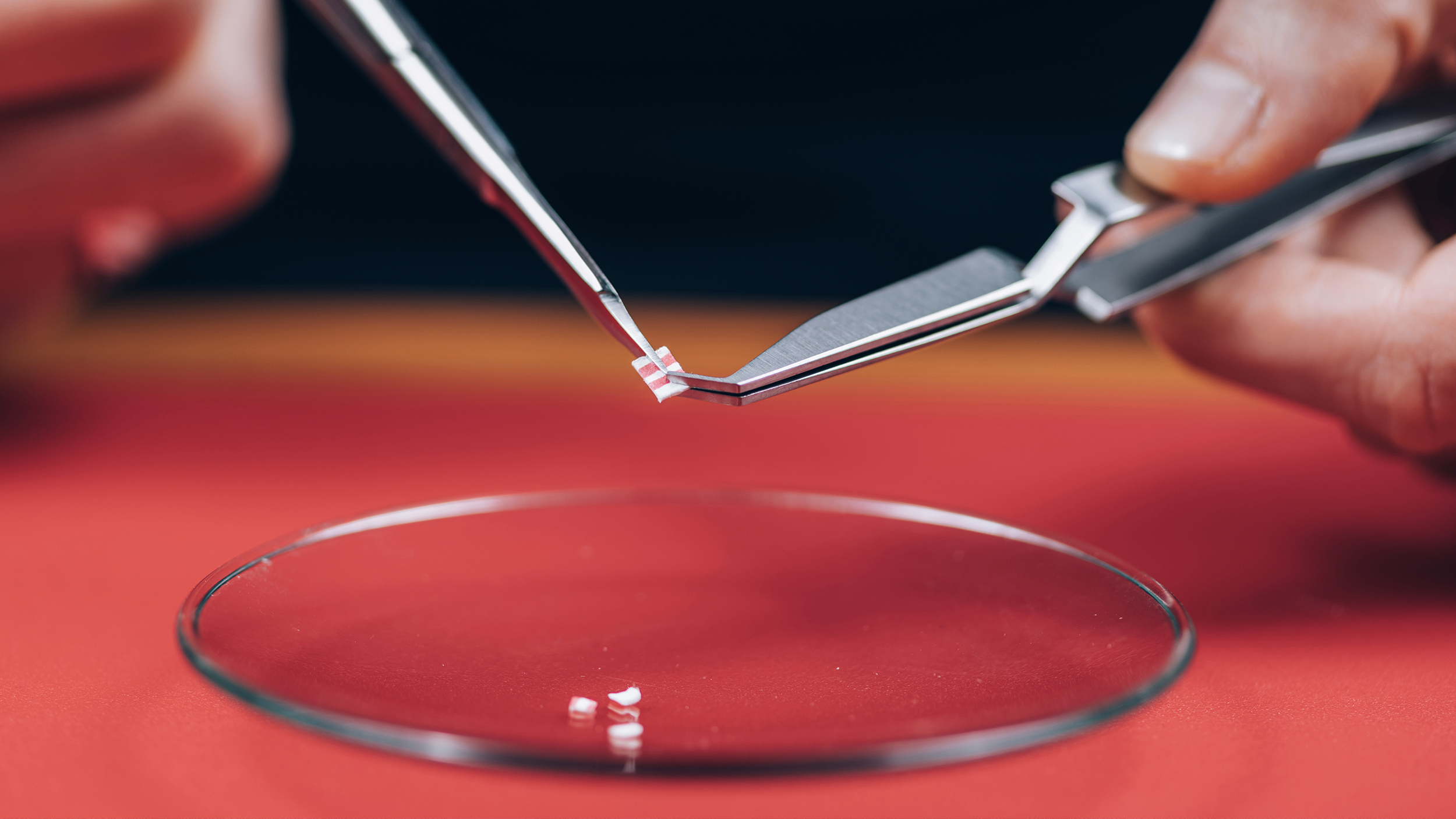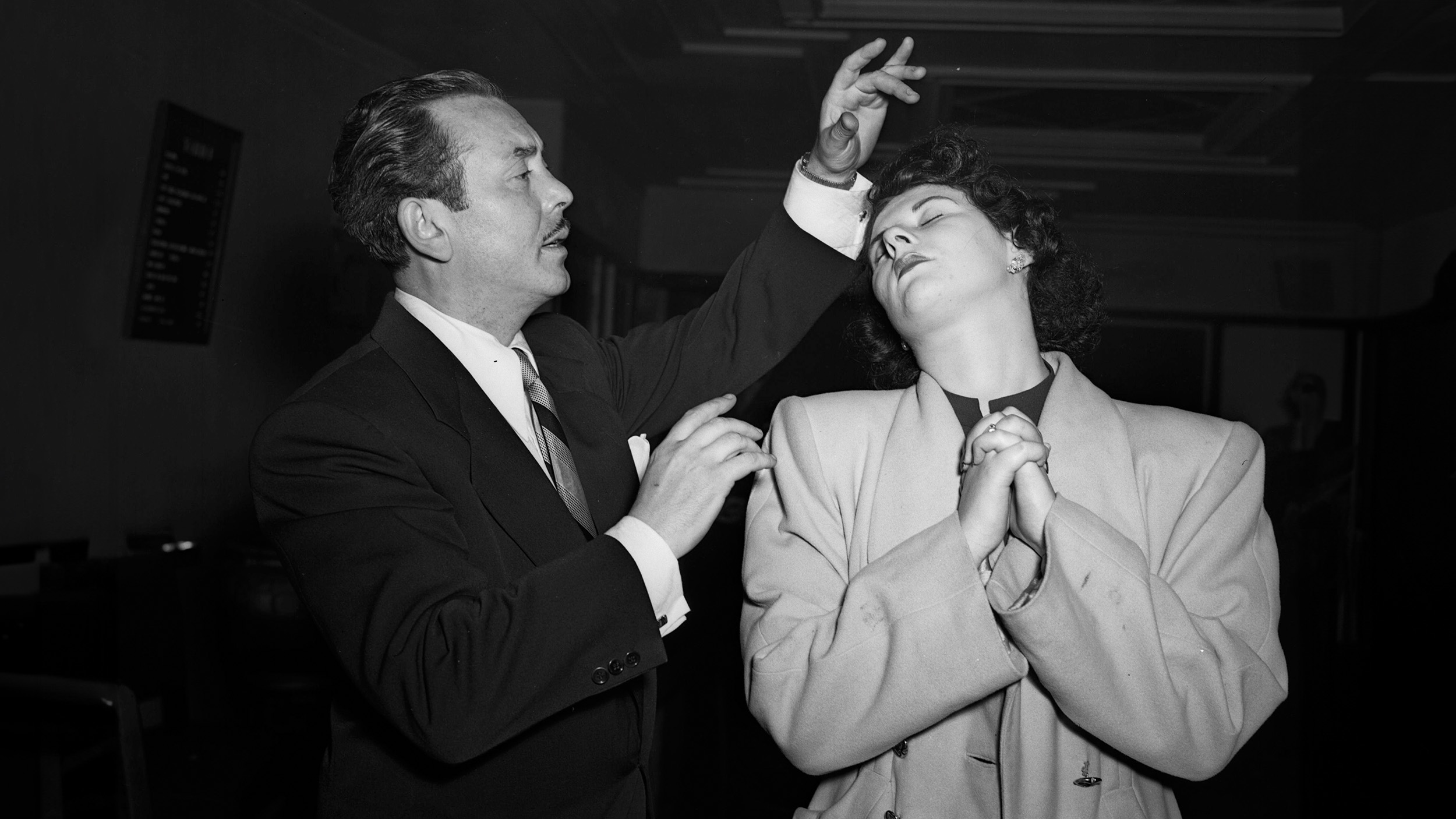MDMA shown to increase empathy over other substances

- In a new study, MDMA is shown to produce better cognitive and emotional empathy than users of cocaine, ketamine, and alcohol.
- This follows in the wake of criticism that MDMA use leads to social distress.
- Illegal in America since 1985, MDMA is showing positive efficacy rates in clinical trials for treating depression, anxiety, and PTSD.
Selective serontonin reuptake inhibitors (SSRIs) are the most prescribed class of drugs for people under the age of 65, as well as the third most prescribed overall, equaling cholesterol-lowering medications. The science behind why they work is murky; then there’s the issue of long-term efficacy. Often, the increase in serotonin offers a counteractive effect to depression and anxiety, which is what they’re prescribed to combat. Just as often, this seems not to be the case.
That’s because SSRIs, in part, are meant for short-term usage, yet people stay on them for years and decades, at which point the side effects well outweigh any benefits. Serotonin, sometimes called “the molecule of contentment,” is a complex neurotransmitter that serves many functions. Contentment and happiness, yes, but it also plays a role in reward, memory, the modulation of cognition, and numerous other physiological processes.
Most interesting is the fact that over 90 percent of our body’s serotonin is produced in our GI tract, suggesting that what we eat plays a far greater role in our emotions and mental outlook than we give it credit for. We know, for instance, too much sugar can lead to issues with emotional regulation. Given long-term issues with SSRIs and leading thinkers are wondering if psychedelics might offer a better course of action for preventing depression and anxiety.
Food, we often forget, is a drug, in that the nutrients we ingest create a physiological reaction in our bodies and brains. Each type of food has a different effect. Turning toward what we usually label “drugs,” a new study, conducted at the University of Exeter and published in the Journal of Psychopharmacology, investigates the effects of four on empathy: MDMA, marijuana, cocaine, and ketamine.
The Science of Psychedelics, with Michael Pollan
Critics have suggested that MDMA plays a role in creating social distress (which makes me wonder if these speculators ever tried it). This small study recruited 25 volunteers who used multiple drugs, including MDMA; 19 trying multiple drugs, sans MDMA; and 23 alcohol-only imbibers. Each MDMA user tried it at least ten times, but were not considered addicts.
The researchers studied both cognitive empathy and emotional empathy – the ability to understand what others are feeling and recognizing your own emotional reactions based on the emotions of others. They wanted to understand which group performed the best and which experienced the most social distress.
The most significant increase in both cognitive and emotional empathy occurred in the MDMA group. MDMA users proved to be consistent with “normal psychosocial functioning,” meaning that the substance did not make them more socially distressed.
Senior author of the study, professor Celia Morgan, says a limitation of the study is that they cannot tell if people who take MDMA are naturally more empathetic, meaning the drug will not affect them as dramatically, or if the substance itself plays a role in the development of empathy. That said, unsurprisingly, drinkers fared the worst:
Our study suggests that mild MDMA use is not associated with any problems in how we function socially. Instead, it seems to make people better at empathy when compared to drug users who don’t use MDMA, with a suggestion of better empathy compared to alcohol users.

Photo by Aarón Blanco Tejedor / Unsplash
This study follows in the wake of burgeoning research in MDMA being used to treat anxiety, depression, and PTSD. While the drug was first synthesized in 1912 as an appetite suppressant, its century-long history has shown it to be effective in many other domains. For decades it was used in marriage counseling before being demonized during the Nixon era and finally made illegal in America in 1985.
Critics aren’t giving enough credit to the role of empathy in our social lives. Many problems extend from an inability to understand the feelings of others – social media would be vastly different if we could empathize more often. As with SSRIs, we don’t want to take MDMA on a daily basis. But as a cognitive and emotional reset, it appears to be beneficial in adjusting our attitude toward ourselves and others.
As always, the study concludes with the fact that more research needs to be done. When dealing with the uptick in depression and anxiety around the world, the time for such research is now.
—
Stay in touch with Derek on Twitter and Facebook.





